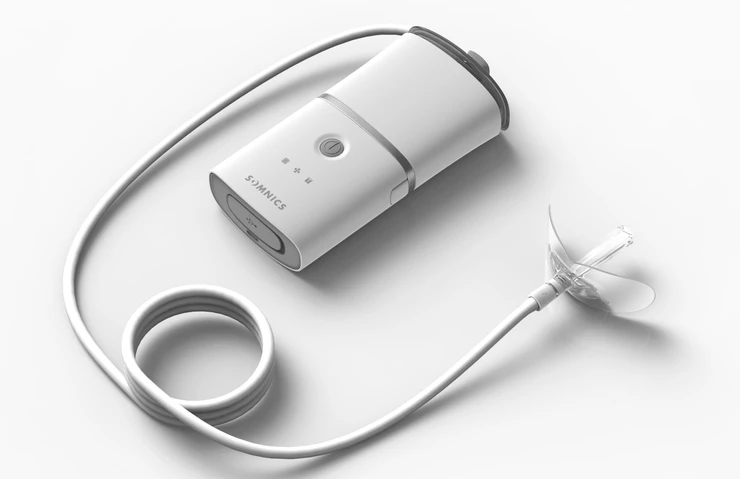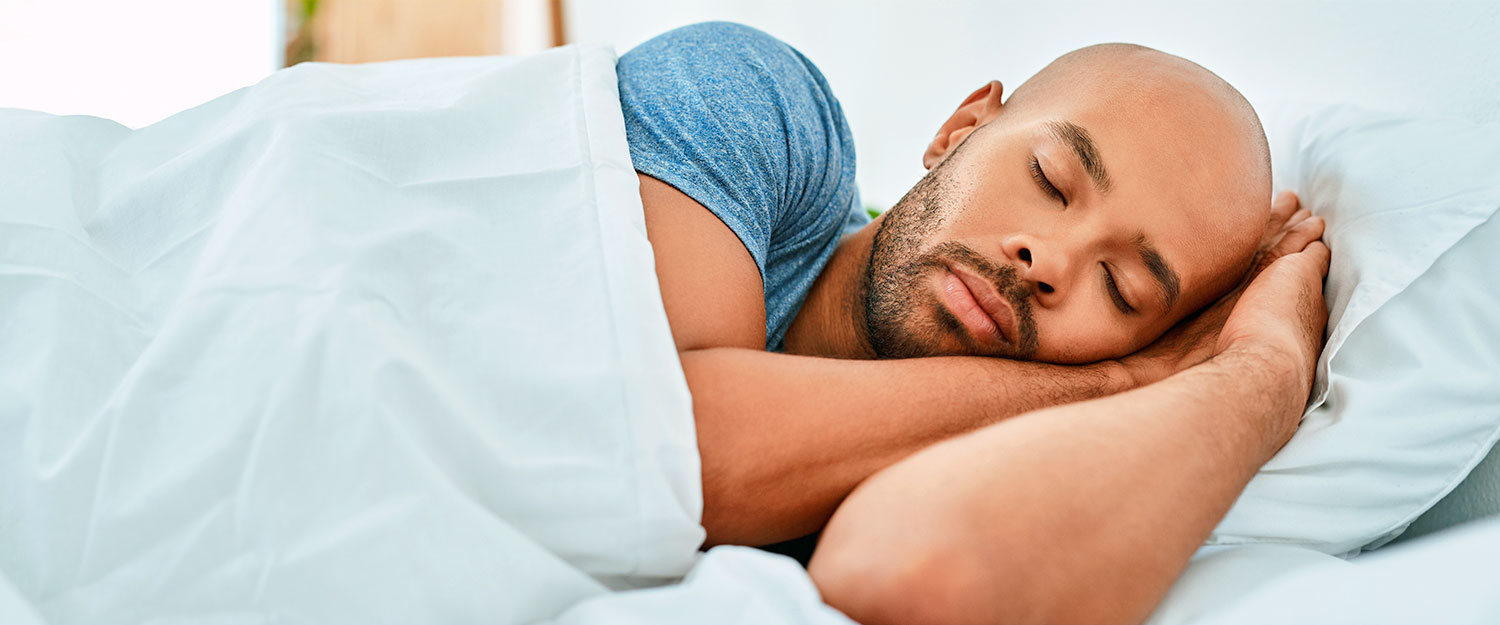Sleep Deprivation Help - Overcome Fatigue and Improve Wellness
Sleep Deprivation Help - Overcome Fatigue and Improve Wellness
Blog Article
Efficient Treatment Solutions for Taking Care Of Rest Disorders and Enhancing Relaxing Sleep
In the world of health care, the monitoring of sleep disorders and the quest for restful sleep are essential parts of total well-being. As we navigate the complex landscape of rest problems and seek to improve our sleep experience, a much deeper understanding of these therapy solutions may hold the trick to unlocking a much more refreshing and meeting restorative journey.
Cognitive Behavior Modification for Sleep Problems (CBT-I)
Cognitive Behavior Modification for Insomnia (CBT-I) is a structured, evidence-based therapy approach that focuses on resolving the hidden elements contributing to sleep disruptions. This kind of therapy aims to customize behaviors and ideas that aggravate sleep problems, ultimately promoting healthy rest patterns. CBT-I generally involves several essential parts, consisting of cognitive treatment, sleep constraint, stimulus control, and sleep health education and learning.
Cognitive therapy aids people determine and transform unfavorable thought patterns and beliefs concerning rest that may be impeding their ability to drop or remain asleep. Sleep restriction involves restricting the quantity of time spent in bed to match the person's actual rest duration, consequently increasing rest performance (insomnia solutions). Stimulation control methods aid develop a solid association between the bed and sleep by motivating individuals to head to bed only when drowsy and to prevent participating in stimulating tasks in bed
In addition, rest health education and learning focuses on establishing healthy sleep practices, such as keeping a constant rest schedule, developing a relaxing bedtime regimen, and optimizing the rest atmosphere. By attending to these elements comprehensively, CBT-I uses an efficient non-pharmacological intervention for handling sleep problems and enhancing overall rest quality.
Rest Hygiene Practices
Having developed the structure of cognitive restructuring and behavioral adjustments in attending to insomnia through Cognitive Behavioral Therapy for Sleep Problems (CBT-I), the focus now shifts towards checking out important Sleep Health Practices for keeping optimum rest high quality and overall health.
Sleep hygiene practices incorporate a variety of routines and environmental elements that can dramatically impact one's capacity to go to sleep and stay asleep throughout the night. Consistent sleep and wake times, producing a relaxing bedtime routine, and maximizing the rest setting by maintaining it dark, silent, and cool are essential elements of great rest health. Restricting direct exposure to displays prior to bedtime, staying clear of energizers like high levels of caffeine close to going to bed, and participating in routine physical activity during the day can also promote far better rest top quality.
In addition, exercising leisure strategies such as deep breathing exercises or reflection before bed can help calm the mind and prepare the body for sleep. By incorporating these rest health techniques right into one's daily regimen, individuals can develop a healthy and balanced rest pattern that supports relaxed rest and general wellness.
Relaxation Techniques and Mindfulness
Implementing leisure strategies and mindfulness methods can play a pivotal role in promoting a Learn More Here feeling of calm and promoting top quality rest. insomnia counseling. These strategies intend to peaceful the mind, minimize anxiety, and develop an ideal setting for restful rest. One widely exercised method is deep breathing exercises, where people concentrate on sluggish, deep breaths to relax the body and mind. Dynamic muscle mass leisure entails tensing and afterwards launching each muscular tissue group, advertising physical relaxation. Additionally, guided imagery can assist transport individuals to a relaxed place in their minds, assisting in stress and anxiety decrease and improving rest quality.
By integrating these practices right into a bedtime routine, individuals can signal to their bodies that it is time to prepare and unwind for rest. In general, incorporating relaxation strategies and mindfulness practices can considerably contribute to taking care of sleep problems and enhancing total sleep top quality.

Medicine Options for Rest Disorders
After checking out leisure strategies and mindfulness practices as non-pharmacological treatments for boosting sleep quality, it is important to consider medicine alternatives for people with rest disorders. In cases where way of life adjustments and treatment do not provide adequate alleviation, medicine can be a beneficial device in managing sleep disruptions.
Generally suggested medicines for sleep disorders include benzodiazepines, non-benzodiazepine hypnotics, antidepressants, and melatonin receptor agonists. Antidepressants, such as trazodone, can be advantageous for individuals with co-occurring depression and rest disruptions - sleep therapy.
It is critical for people to consult with a doctor to establish the most ideal medicine option based upon their specific rest disorder and case history.
Light Treatment for Circadian Rhythm Guideline
Light therapy, likewise referred to as photo-therapy, is a non-invasive treatment method utilized to regulate body clocks and improve sleep-wake cycles. This treatment entails exposure to intense light that simulates all-natural sunlight, which assists to reset the body's body clock. By revealing individuals to certain wavelengths of light, normally in the morning or night depending on the preferred effect, light therapy can effectively adjust the body clock to promote wakefulness throughout the day and enhance relaxing sleep in the evening.
Research study has actually shift worker syndrome shown that light therapy can be especially beneficial for individuals with body clock problems, such as postponed rest phase syndrome or jet lag. It can likewise be handy for those experiencing seasonal depression (SAD), a type of anxiety that commonly occurs during the winter season when all-natural light exposure is reduced. Light treatment is usually well-tolerated and can be made use of in conjunction with various other treatment methods for sleep disorders to optimize outcomes and improve overall sleep quality.
Conclusion
To conclude, reliable treatment remedies for taking care of rest problems and boosting peaceful rest consist of Cognitive Behavior modification for Sleeping Disorders (CBT-I), rest hygiene methods, leisure strategies and mindfulness, medication options, and light treatment for circadian rhythm law. These methods can help people enhance their sleep quality and general health. It is vital to speak with a healthcare supplier to figure out the most suitable strategy for resolving sleep issues.
As we browse the elaborate landscape of sleep problems and seek to enhance our rest experience, a deeper understanding of these treatment services may hold the trick to my sources opening a much more rejuvenating and meeting corrective trip.
Rest restriction entails limiting the quantity of time spent in bed to match the person's real sleep period, consequently enhancing sleep performance. Consistent rest and wake times, developing a relaxing bedtime regimen, and optimizing the rest environment by keeping it dark, peaceful, and cool are important components of great rest hygiene. Light treatment is generally well-tolerated and can be made use of in conjunction with various other treatment approaches for sleep disorders to maximize outcomes and boost general rest high quality.

Report this page